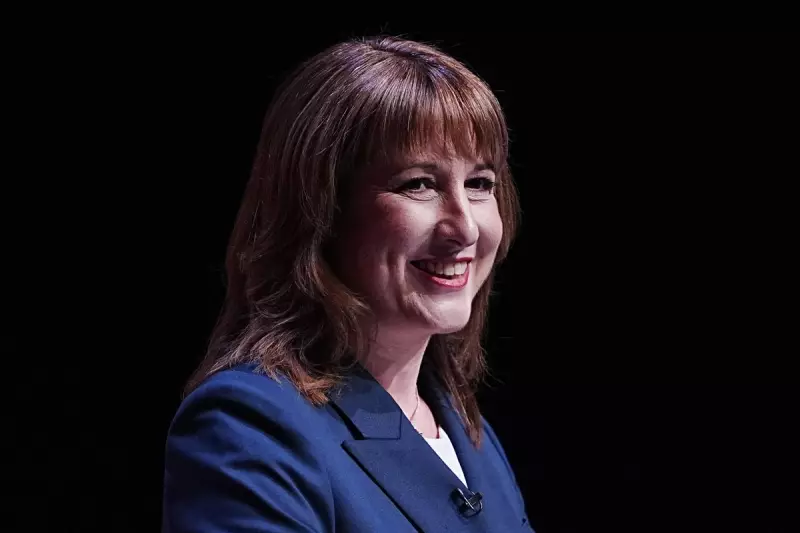
In a significant pre-budget announcement, Shadow Chancellor Rachel Reeves has firmly closed the door on substantial tax increases should Labour form the next government. The declaration comes as both major political parties position their economic policies ahead of the anticipated general election.
A Promise of Stability
Reeves emphasised that while she won't make unfunded spending commitments, her first budget would not rely on what she termed "large tax rises." This carefully calibrated position aims to reassure both markets and voters that Labour can be trusted with the nation's finances while maintaining essential public services.
Fiscal Responsibility as Cornerstone
The Shadow Chancellor's approach reflects Labour's broader strategy to position themselves as fiscally responsible. "I do not see the way to prosperity as being through higher taxes," Reeves stated, signalling a departure from traditional Labour tax-and-spend policies that Conservatives frequently criticise.
The Conservative Response
Chancellor Jeremy Hunt countered by highlighting what he described as a £38.5 billion funding gap in Labour's proposals. The Treasury analysis suggests this shortfall would necessitate either significant spending cuts or tax increases—a claim Labour disputes vigorously.
Economic Battle Lines Drawn
With both parties ruling out increases to income tax, national insurance, or VAT, the economic debate is shifting toward how to stimulate growth while managing public finances. Reeves pointed to economic expansion as the primary solution to Britain's fiscal challenges, rather than leaning heavily on taxpayers.
Looking Forward
As the election approaches, these economic positioning statements will likely form the core of both parties' campaigns. Labour seeks to shed any lingering perception of fiscal irresponsibility, while the Conservatives aim to paint their opponents as unable to manage the economy without resorting to higher taxation.





